70040 F-6C Mustang™ Expert Set!
- Add feedback:
- 70040
- Manufacturer: Arma Hobby
-
Availability:
Unavailable
Delivery time: 1-3 days
- Type: Aeroplane kit
- Medium: plastic + accessories
- Scale: 1/72
- Remarks: Produced under license from Boeing. Boeing, P-51 Mustang and the distinctive Boeing logos, product markings and trade dress are trademarks of The Boeing Company.
Reconnaissance version of P-51 B/C Mustang™, 1/72 scale model kit.
Buy together to pay less
1/72 scale plastic model kit of the F-6C Mustang photo-reconnaissance aeroplane, expert set with accessories.
Kit contents:
Kit features parts needed to build 1/72 scale model of the F-6C Mustang photo-reconnaissance aeroplane.
- plastic parts
- photo-etched parts
- decal with 4 marking options (3 USAAF and 1 French)
- Kabuki masks for canopy and wheels
Markings Options:
- F-6C-10-NT Mustang, 44-10889/R7-N, GR II.33 Savoie, French Air Forces, April-May 1945.
- F-6C-1-NA Mustang, 43-12400/ZM-O, pilot: Cpt. E.B. ‘’Blackie’’ Travis, 12th Tactical Reconnaissance Squadron, 67th Tactical Reconnaissance Group, Middle Wallop, England, spring 1944.
- F-6C-1-NA Mustang, 43-12404/266, 26th Fighter Squadron, 51st Fighter Group, China 1944-45.
- F-6C-5-NT Mustang, 42-103604/600, pilot: Maj. E.O. McComas, 118th Tactical Reconnaissance Squadron, 23rd Fighter Group, Chengkung China, October 1944.
Online reviews
The North American™ F-6C Mustang™ History
The P-51 Mustang was an excellent fighter, but it also proved to be a universal photo-reconnaissance plane. Its performance: speed, ceiling, armament, and great range meant that it could efficiently reach a distant target, photograph it and safely return to the base. To become a long-range aerial spy, the Mustang, unlike, for example, the Spitfire, required only the installation of photographic equipment.
The concept of the Mustang fighter appeared as a result of collaboration between the RAF and the American industry. North American Aviation factory, which had been offered to license-produce Curtiss fighters, preferred to propose their own design. The first versions of the Mustang, powered by an Allison engine, were effective on the low-to-medium altitudes, agile, solid, and well suited for mass production. The breakthrough was the installation of Packard Merlin engines, manufactured in the USA under the Rolls-Royce license, which ensured excellent performance also at higher altitudes. The resulting version - P-51B/C Mustang - was capable to fly from England to Berlin and solved the problem of escorting the daytime bombing raids on Germany. Production of the new version was carried out at the North American factories in California under the designation P-51B-NA and in Texas as P-51C-NT. A total of 3,738 of these aircraft were produced. As many as 900 of them, as Mustangs Mk III, were transferred to the RAF and to the Polish Air Force, RAAF, RCAF, and Free French. They appeared in Europe at the end of 1943, they also served in the Mediterranean and the Burmese-Chinese theatre of operations. From mid-1944, they were gradually replaced by the more advanced P-51D/K.
The reconnaissance Mustang F-6C was a modification of the P-51B/C fighter. Most of the F-6Cs were built at the North American factories in Dallas and differed from the fighters produced there mainly in the openings for installing a camera. Photo equipment was installed at modification centers in Love Field and Kansas City. 230 serial F-6Cs were produced this way. In addition, more than 50 P-51B/C fighters were converted into reconnaissance planes in overseas depots and combat units. The reconnaissance Mustangs performed well both for high-altitude missions with a vertical camera and for low-level tactical reconnaissance using an oblique camera. Their armament also allowed them to engage in equal combat with enemy planes. They were used by the US Army and Allied Air Force in European, Mediterranean, and Far East theatres of operations.

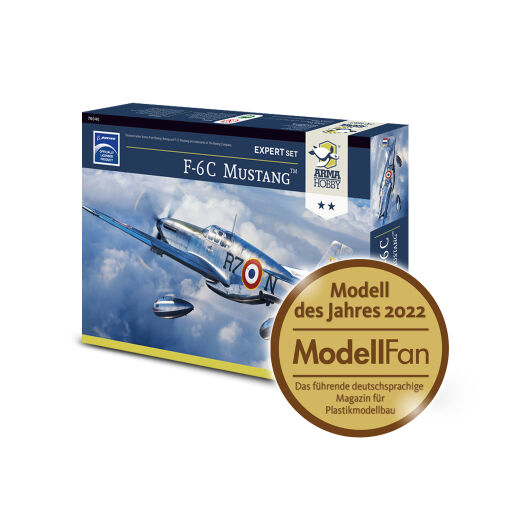









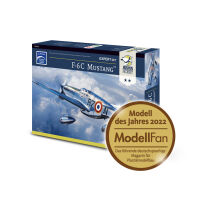
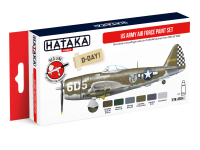
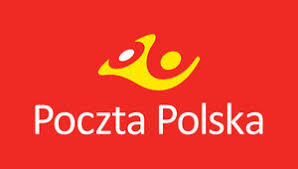




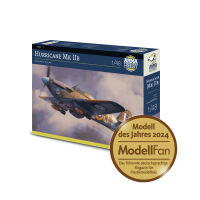
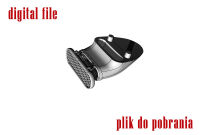
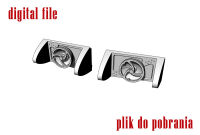
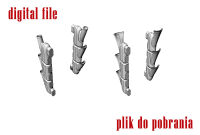
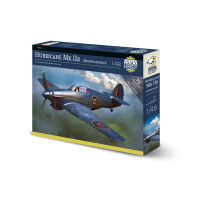
 Polish
Polish